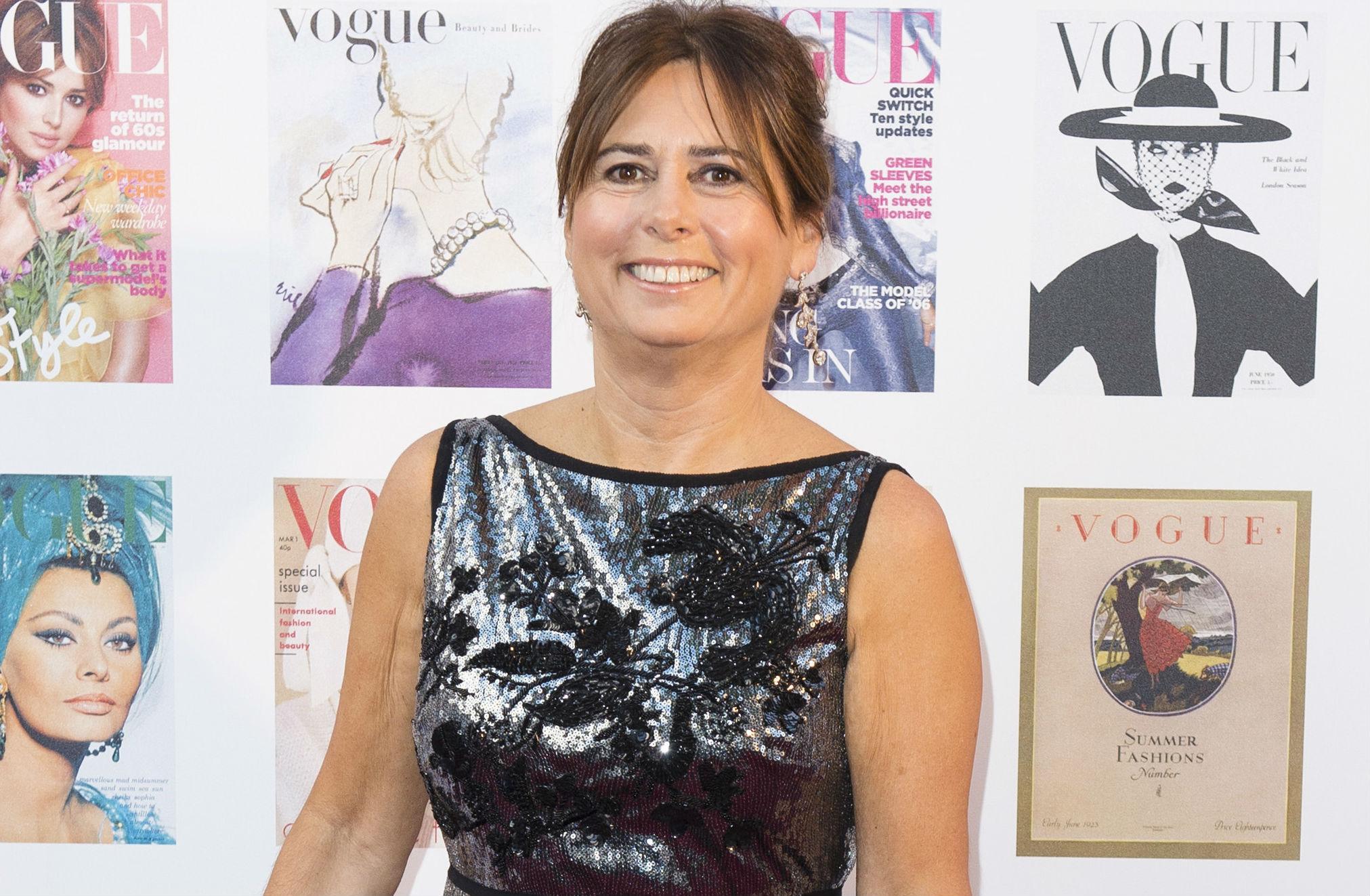British Vogue scraps models in favour of 'real women' for November issue
The new issue will be a 'model-free zone' and will include businesswoman and academics

It would be fair to say the fashion industry has long been characterised by one type of model: the willowy long-limbed man or woman who belongs on the pages of magazines rather than real life. While this is highly unlikely to change in most people’s lifetimes, the industry’s lack of diversity has prompted some parts of it to try and broaden their horizons. In turn, non-models, known as "nodels", have appeared in increasing numbers of catwalk shows in recent years.
Vogue has evidently got the memo too. The next issue of British Vogue, which goes on sale this Thursday, is going to be a “model-free zone” and will feature “real” women modelling its designer clothes. The “real woman”, a term which arguably throws up as many questions as it answers, will include businesswoman and academics rather than models.
Among the women included in British Vogue’s November issue are the architectural historian Shumi Bose, the director of Women for Women International Brita Fernandez Schmidt, Hello Love Studio creative director and Hello Beautiful founder Jane Hutchison and ice-cream brand creator Kitty Travers, as well as some of the women behind London’s Crossrail project. The adverts in the magazine will of course however still feature models.
“I feel strongly that women who are in positions of authority or power, or who work in professions should be able to indulge their interest in clothes and fashion without it seeming frivolous or that they don't care about their jobs enough,” Alexandra Shulman, the editor-in-chief of British Vogue told The Telegraph.
“In this country, there is still a stigma attached to clearly enjoying how you look and experimenting with it if you are a woman in the public eye and not in the fashion or entertainment business”.
This is something of a departure from Shulman’s previous comments about real people’s place in magazines. In an interview for BBC Radio 2 in 2014, Schulman told guest presenter Lily Allen: “People always say, ‘Why do you have thin models? That’s not what real people look like,’ but nobody really wants to see a real person looking like a real person on the cover of Vogue.”
“I think Vogue is a magazine that’s about fantasy to some extent, and dreams, and an escape from real life,” she added. “People don’t want to buy a magazine like Vogue to see what they see when they look in a mirror. They can do that for free.”
Nevertheless, Schulman, the longest-serving editor in British Vogue history is known for her progressive approach to body image and refuses to publish pieces about diets or cosmetic surgery. In 2009, she spoke out over the sample sizes leading designers were producing, saying that some were so small they encouraged models to be unhealthily thin. Schulman, in turn, wrote to designers calling for larger sized samples to be produced.
The real woman issue will feature Emily Blunt on the front cover. A decision Shulman defended by pointing out that Blunt plays the role of an everyday woman in her new film The Girl on the Train.
Join our commenting forum
Join thought-provoking conversations, follow other Independent readers and see their replies
Comments
Bookmark popover
Removed from bookmarks